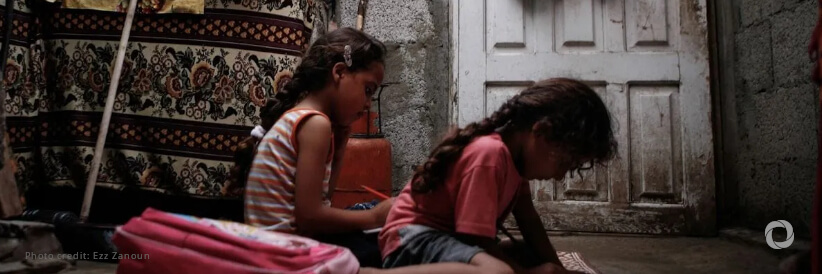The EU announces €25 million in humanitarian aid to meet the basic needs of vulnerable Palestinians in the West Bank, East Jerusalem, and Gaza. Over 2 million Palestinian women, children, and men in the Occupied Territories and Gaza Strip are in need of humanitarian assistance. Last year in less than two weeks 256 Palestinians lost their lives, among them were 11 children participating in an EU-funded trauma care program.
The fragile economic situation and the unprecedented financial crisis in the West Bank and Gaza, have resulted in high unemployment rates, limited trade, and restricted access to resources. The situation is further worsened by the impact of Russia’s aggression against Ukraine, resulting in increased food and fuel prices. Some 1.79 million in Palestine suffer from food insecurity of which 1.1 million people are severely food insecure.
Commissioner for Crisis Management, Janez Lenarčič, said: “The EU continues to stand in solidarity with the Palestinian people. The newly announced EU humanitarian funding will support Palestinian families’ access to basic services and assistance, which is now even more urgent due to the rising food prices and food shortages as a global consequence of the Russian aggression against Ukraine. Furthermore, we insist on the full respect for international humanitarian law and condemn the continued evictions of civilians and demolitions of their homes, schools, and basic infrastructure. This needs to stop.”
Funding announced will focus on providing healthcare assistance, including mental care for trauma, to those affected by the continued violence, the ramifications of the blockade on Gaza, and the impact of the Covid-19 pandemic. Funding will also focus on improving access to the schooling of Palestinian boys and girls to uphold their right to education. Cash transfers will allow food insecure Palestinian households to access essential goods and services and provide for their basic needs with the dignity of choice.

